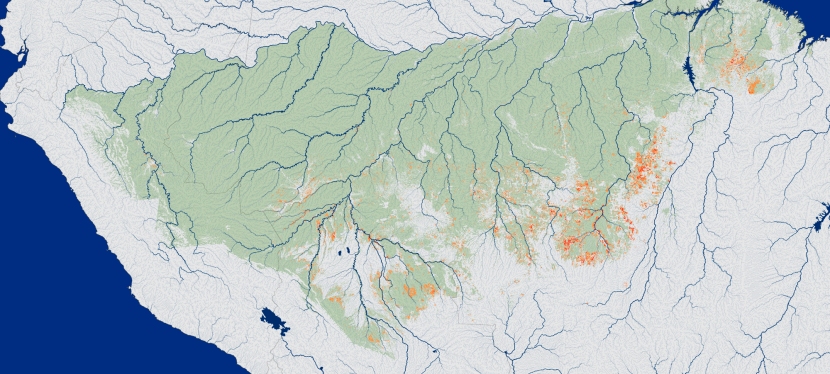The Amazon has been a hot topic this year, which is no surprise considering deforestation, including that of the Amazon, is the second largest contributor to climate change. The IPCC recently published a report on Climate Change and Land which identifies the restoring of landscapes and forests as one of the best, most cost-effective, options available to combat the devastating impacts of changing climates. But deforestation is also a leading driver of biodiversity loss, changing rain patterns and human rights abuses.
I attended the ICCR Fall conference session on deforestation where panelists Maria Lusia Mendonca of Rede Social de Justiça e Direitos Humanos, Aditi Sen of Oxfam, and Guarav Madan of Friends of the Earth gave insight on how to address deforestation and its impacts.
As explained in this National Geographic article on the effects of fires in the Amazon, from earlier this summer, the Amazon absorbs and stores carbon, creates its own rain, provides water for Brazil, Uruguay, Argentina, and Paraguay, and will affect climate change drastically if deforestation and these forest fires continue. The Amazon, as well as many other forests, is usually cleared for soybean growth and cattle farming to ultimately supply many of the companies that SGI members are engaging. Each year, illegal fires are set to clear land for more crops.
This is a human rights issue as well. According to Amazon Watch: Complicity in Destruction,
Brazil is the world’s deadliest country for those defending human rights and the environment, with agribusiness driving killings more than any other industry. Bolsonaro’s violent rhetoric has already been accompanied by a spike in rural violence, particularly against indigenous people and landless activists, emboldening militias controlled by powerful landowners to carry out attacks. His decree to loosen gun ownership in Brazil will almost assuredly aggravate violence, particularly in rural areas. By endorsing violence from major landowners, Bolsonaro fuels the intimidation of community leaders on the front lines of increasingly brutal land conflicts, including prominent indigenous leaders who now fear for their lives.
The New York Declaration on Forests set 2020 as the deadline for eliminating deforestation in the supply chain for agricultural commodities. While 2020 is around the corner, many companies, which have endorsed this effort as well as others, have not been following through on their commitments. Most will not meet their commitment to eliminate deforestation from their supply chains. Whereas some companies are making a concerted effort, others are greenwashing. They sign pledges without actually doing the work to achieve these goals. To show how some companies avoid honest dialogue around these issues, Frank Sherman participated in a role play at the conference with other ICCR members. This demonstrated how to engage companies on deforestation as well as the business responsibility to respect human rights.

A clear point that was made was there needs to be further action on deforestation outside along along with corporate action. There should be a call on public policy, not just on companies to address this issue.

